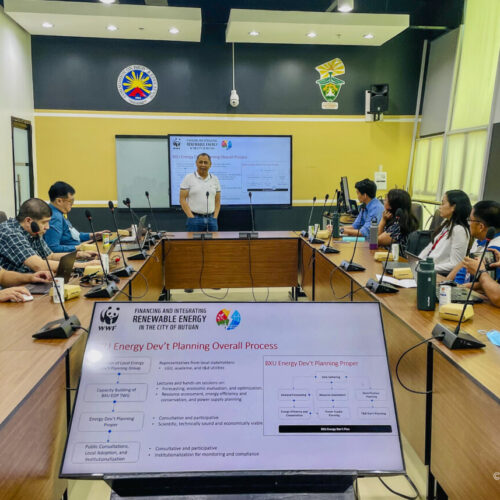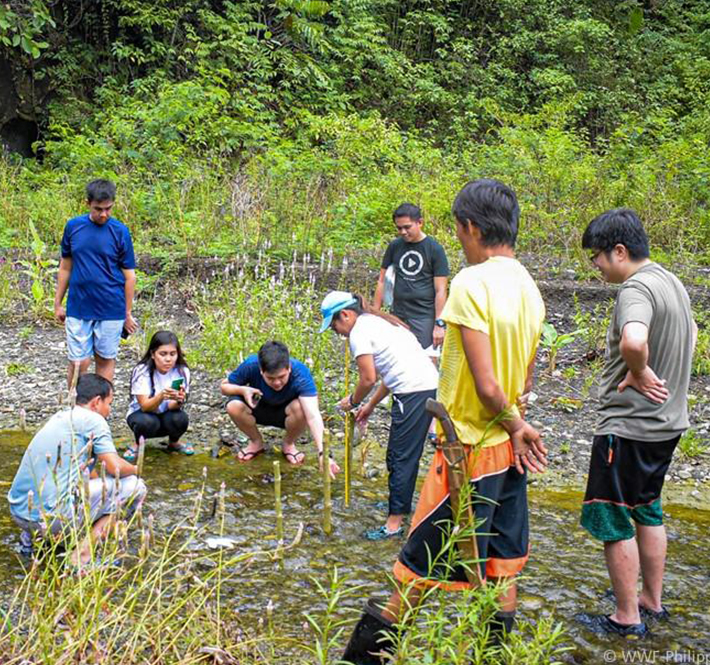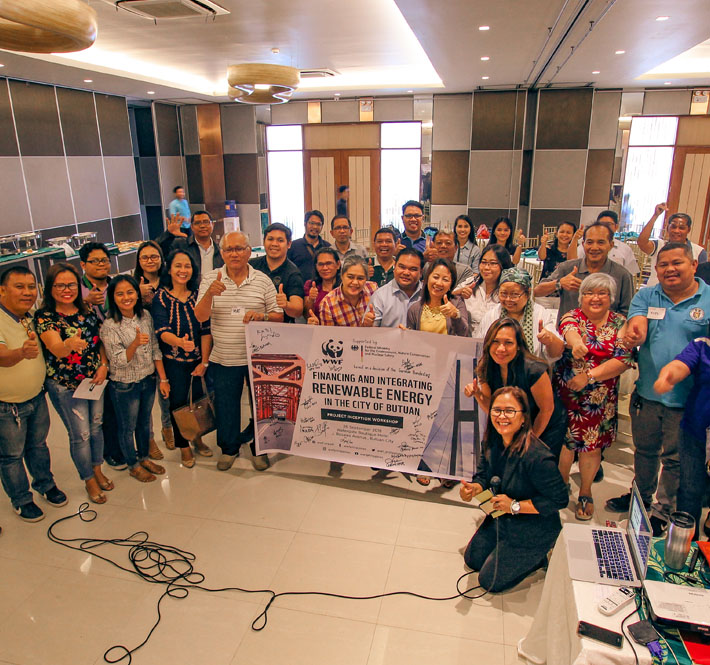The Philippine economy is in an upswing. In fact, we have been enjoying an average growth rate of 6.2% from 2010-2015 and is projected to continue its expansionary path at 6.7 % for both 2018 and 2019, according to economists. However, businesses often cite the country's cost of electricity as an investment barrier (one of the highest in the world) partly due to the challenges of developing an energy infrastructure given the archipelagic topography of the Philippines.
Various reforms have been instituted in the local energy sector, including the privatization of state-owned power generating assets and deregulation of the power industry under the Electric Power Industry Reform Act in 2001 (EPIRA), as well as the promotion of renewable energy development under the landmark Renewable Energy Act 2008 (RE Act) to address the country’s energy needs.
This project will contribute to the realization of the benefits under national policies and programs pertaining to the optimization of RE utilization and power development (i.e. RE Act, Phil. Energy Plan, Mindanao Power Dev’t Plan, 2017-2022 Phil. Dev’t Plan, Phils’ NDC on reduction of carbon emission by 2030, and the country’s long-term plan Ambisyon Natin 2040 envisioning a strongly rooted, comfortable, and secure life for the Filipinos, and the current administration’s Build Build Build program).
Funded by the International Climate Initiative of the German Federal Ministry for the Environment, Nature Conservation, and Nuclear Safety, Financing and Integrating Renewable Energy in the City of Butuan aims to achieve capacities in understanding the technical and economic aspects of renewable energy technologies by key stakeholders in Butuan City, as well as enabling multi-stakeholder participation in sustainable power development.
Forging connections for a Just Transition
Members of Butuan Public Pursue Renewable Energy through FInRE-BXU Project
The public push forward in their bid for a renewable future./p>
The FInRE Butuan Inception Workshop
Forward-looking optimism was the mood of the audience gathered at the Watergate Boutique Hotel
Championing Democratic Energy Planning
The Philippine public continues to champion renewable energy as a parable to the rest of the world, as representatives from




